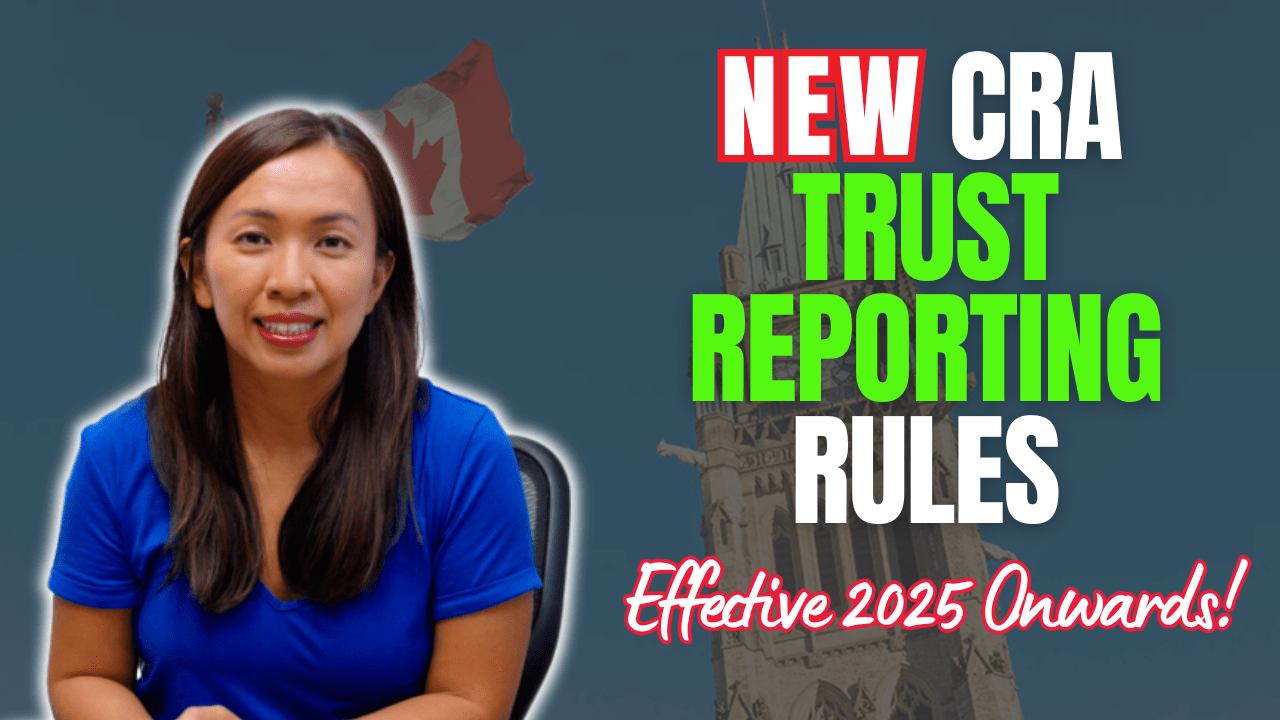Today is a special day. Today is the day my own home is listed for sale. Yes, we’re moving!

I’m no stranger to moving. I moved from Hong Kong to Toronto over 20 years ago. I stayed in North York for two years before I went to Waterloo. I moved twice before I headed to Waterloo. With the co-op program there, I moved between Waterloo and Toronto numerous time in the five year period.
I graduated. Moved out from my family, moved to a condo then to a townhouse. I met Erwin and all of a sudden I found myself living in Hamilton. When we decided to start our family, we moved to our current place.
Moving had not been easy, but it was never emotionally draining for me.
Yet, it feels so different this time.
We started our family in this house. We moved into this house before we had kids. It’s full of memories.
For a veteran “mover”, I would have never expected how difficult this move had been!
Some decisions are easier than other though.
Recently, a fellow entrepreneur, who also owns a handful of multiplexes in Toronto, asked me about my take on whether a corporation should be setup to own properties.
She saw a comment in a group that she belonged to – “I regretted putting any properties in our corp. It costs more money to maintain the corporation. It costs more to finance, even building permits cost more.”
It isn’t an easy question to answer. But it certainly is an easier decision to me than moving. 😉
The truth is that, it depends… I provided a “brief” answer to her…
- What’s the investor’s long-term goal?
If you are thinking of growing to 5 to 10 properties or even beyond, and you own everything in your personal name, you can max out your credit fairly quickly.
By taking advantage of a corporate structure, you can grow beyond that five to ten properties, as the mortgages are registered in one corporation.
If your plan is to buy a couple, a corporate structure might not be as important.
Yes, it might cost more in financing (I signed up for 2.54% five year fixed for my latest rental properties), but it also frees up some of the credit in my personal name.
How much is it worth for you to be able to get to that 10 properties?
- Is the investor a small business owner?
I have a client who owns a small business. He used to leave $20K in the corporation and paid everything out to his personal name. At the time he made about $180K “salary” from his business.
He paid a lot of personal taxes and he didn’t need the money in his personal name. So we stopped paying him $180K, instead we paid him $40K. The corporation kept all the profit and paid only 15% corporate tax rate (small business rate was slightly higher back then). He used all the retained earnings in the corporation to purchase properties.
For small business owners who have successful businesses in the corporation, they could be benefiting from the low corporate tax rate environment and have more available to invest.
Why do you think our Prime Minister Justin Trudeau target doctors, dentists and other professionals in 2017? That’s because doctors and dentists are using this exact same strategy to invest in stock and real estate. 😉
If you are a small business owner, but aren’t interested in using CRA’s money to invest for your future, corporation isn’t for you.
- What’re your investment strategies?
If you’re doing flips and some other real estate strategies, flips are considered 100% taxable. If you own these flips in the corporation, you could be paying as little as 12.2% corporation tax rate.
If you do the flips in your personal name, you’re subject to the marginal tax rates …which can be as high as 53.5% in Ontario.
It also goes back to what you want to do with the money you make from the flips. Some investors simply want to reinvest the profit into the next project.
If reinvesting into the next project is the goal, you pay less tax in the corp and have more for your future project reinvestment.
Size of your real estate project and type of real estate project matter.
My best friend owns a few commercial plazas. Her insurance company refused to renew her insurance policy because there was a small fire happened in one of the tenants’ store. This small fire was covered by the tenant’s insurance directly. She had to rush to find another insurance provider and operated her plaza without insurance for three nights.
- How much risk tolerance does the investor have?
If you own all your properties in your name, technically ALL your personal assets are exposed to the risk associated with running a rental portfolio.
When I say ALL, it means your stock portfolio, your primary home mortgage, may even be your future earnings.
I had a client whose rental got “blown up”. Tenant in the basement was burning some marijuana oil, it somehow went wrong, and the entire house got lifted up for a second or so (according to the news report). The house was deemed not to be in a liveable space afterwards. It was a triplex.
Thankfully no one was there at the time. The insurance did pay for the entire bill, but you really don’t know what you don’t know. From that point on, she always puts her properties in the corporation just for risk segregation purpose.
If you want an extra layer of protection, you have to pay for it.
If you are comfortable with the risk exposure, corporation is definitely not needed.
- How likely are you going to leave your portfolio to your kids?
Typically in the tax world, when a high net worth individual decides to pass their asset to the next generation on a tax efficient way, many accountants would suggest an estate freeze.
This estate freeze is normally done through a corporation. If you transfer your assets to the corporation at that point, you would trigger land transfer tax at fair market value at the time of transfer.
Land transfer tax can be quite costly, especially if your portfolio is all in Toronto.
Of course, everyone’s situation is different.
This is why we host the FREE webinar to share with you insights from meeting with hundreds of real estate investors.
Wish me luck on my listing!
Until next time, happy Canadian Real Estate Investing.
Cherry Chan, CPA, CA
Your Real Estate Accountant






Sean Santoro
Hello, thanks for the article! It has sparked some interest in some areas for me.
I did have a question regarding having the rental properties in the corporation. If we got to a point where the rental properties are adding a decent amount of income to an already successful professional corporation (Doctor, dentist, lawyer) would we then have to consider the new rules regarding the Passive Business Income’s affect on Active Business Income “reduction”? Sorry I may not be using the appropriate technical tax terms 🙂